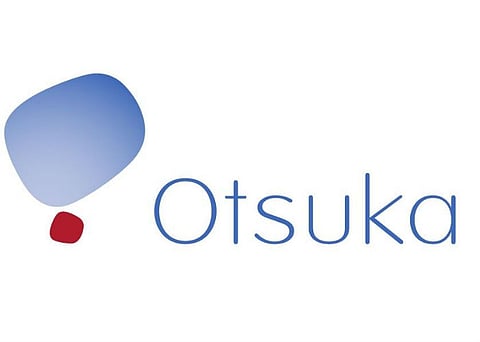

Otsuka Pharmaceutical Development & Commercialization, Inc. and Otsuka Pharmaceutical Co., Ltd. have submitted a New Drug Application (NDA) to the U.S. FDA for centanafadine, a once-daily extended-release capsule and a novel norepinephrine, dopamine, and serotonin reuptake inhibitor (NDSRI). If approved, it would represent a new class of therapy for attention-deficit hyperactivity disorder (ADHD) across children, adolescents, and adults. The submission is supported by data from four pivotal Phase 3 clinical trials evaluating the drug’s efficacy and safety in diverse patient groups.
Across Phase 3 studies, centanafadine showed statistically significant and clinically meaningful improvements in ADHD symptoms compared with placebo. In children and adolescents, improvements were measured using the ADHD Rating Scale–5 (ADHD-RS-5), while in adults, efficacy was assessed using the Adult ADHD Investigator Symptom Rating Scale (AISRS). The treatment was generally well tolerated across age groups, with commonly reported adverse events including decreased appetite, nausea, rash, fatigue, abdominal discomfort, somnolence, and headache.
Phase 3 Program Overview
The Phase 3 clinical program for centanafadine includes four pivotal trials:
Children (NCT05428033):
A randomized, double-blind, three-arm, fixed-dose study in children aged 4–12 years assessed high-dose, low-dose, and placebo groups over six weeks. The high-dose group achieved statistically significant improvement in ADHD-RS-5 scores, while the low-dose group did not. Safety findings showed favorable tolerability, with decreased appetite, rash, and vomiting among the most frequent events.
Adolescents (NCT05257265):
This randomized, double-blind, three-arm, fixed-dose study evaluated adolescents aged 13–17 years. The high-dose group achieved significant reductions in ADHD symptoms versus placebo on the ADHD-RS-5. The safety profile remained favorable, with decreased appetite, nausea, headache, and rash most commonly reported.
Adults (NCT03605680, NCT03605836):
Two randomized, double-blind, placebo-controlled trials assessed centanafadine sustained-release tablets at 200 mg/day and 400 mg/day over six weeks. Both doses demonstrated meaningful improvements in AISRS total scores compared with placebo. Centanafadine was well tolerated, with decreased appetite and headache most frequently observed.
If approved, centanafadine would expand the therapeutic landscape for ADHD by introducing a first-in-class NDSRI mechanism, offering a potential new option for patients seeking alternatives to existing stimulant and non-stimulant treatments.